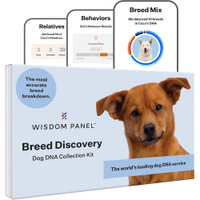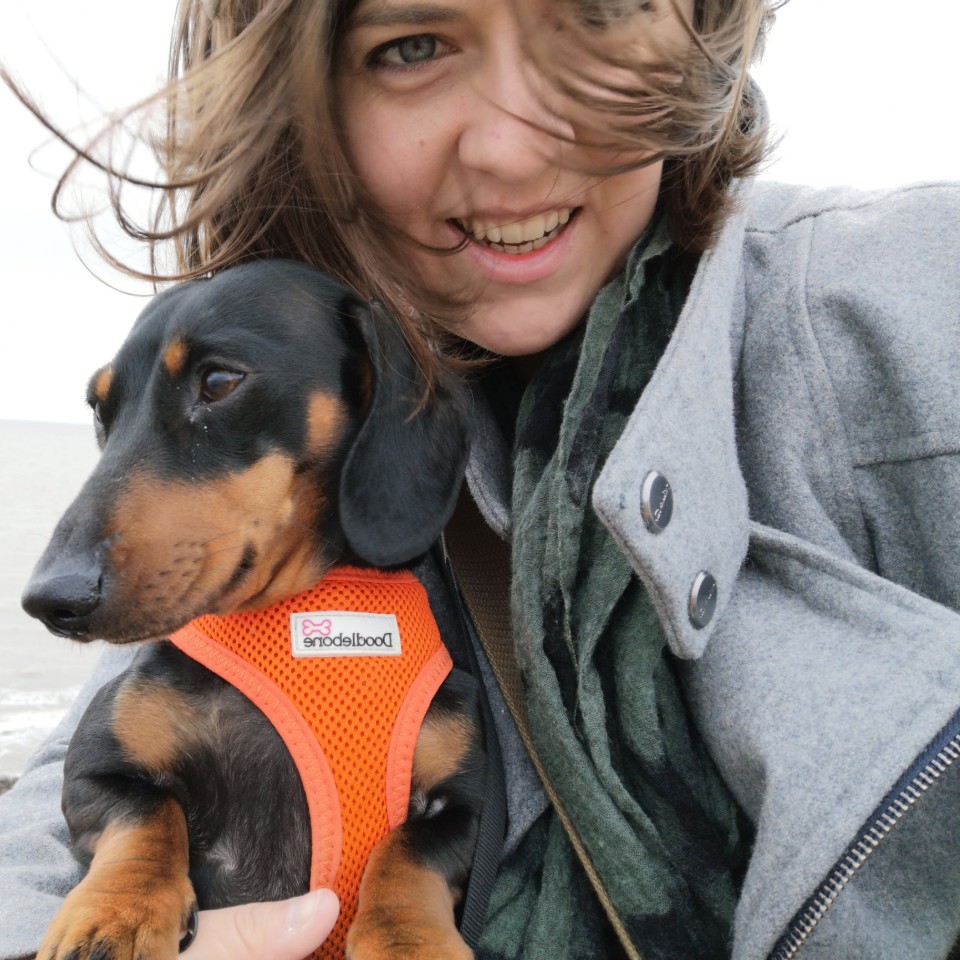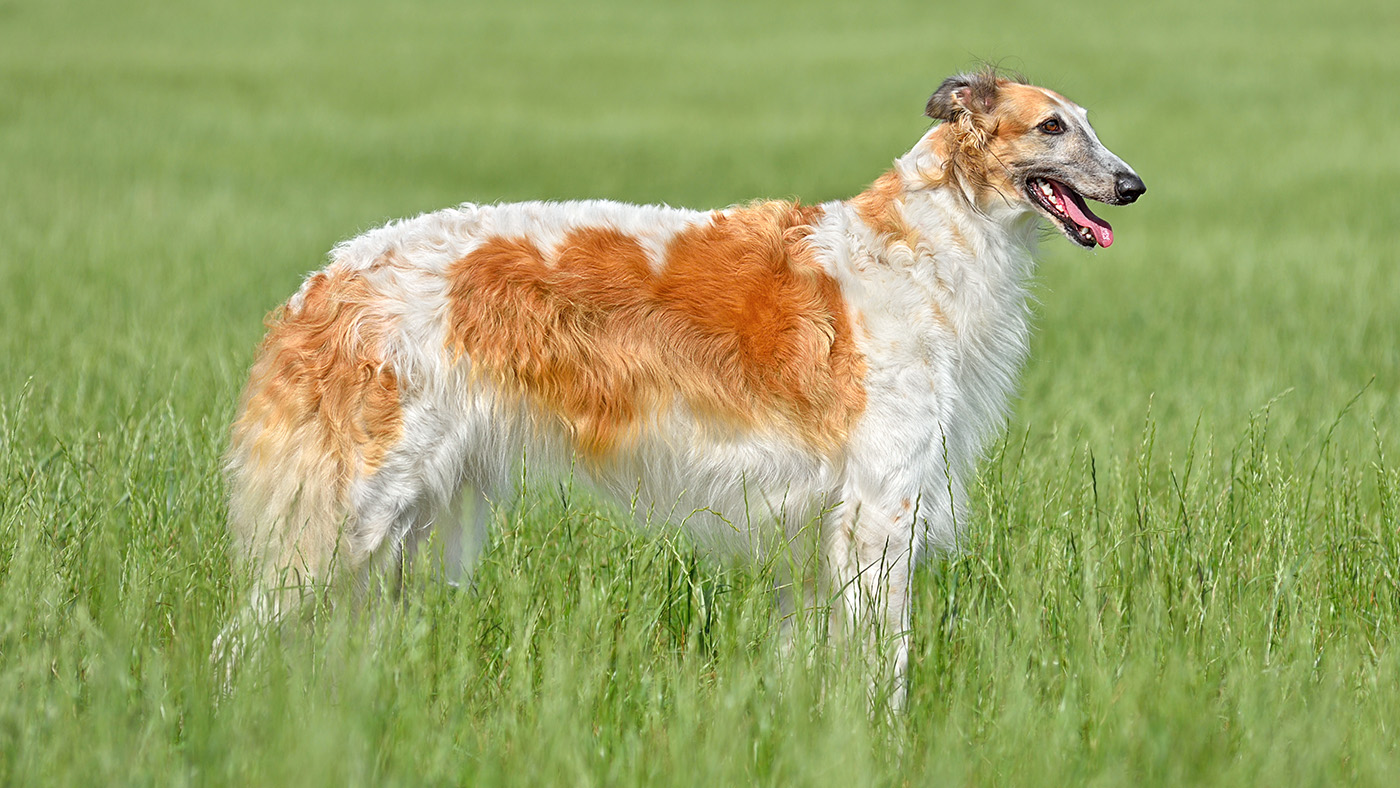Chorkie: Breed profile
Everything you need to know about the spirited Chorkie, a Chihuahua and Yorkshire Terrier cross
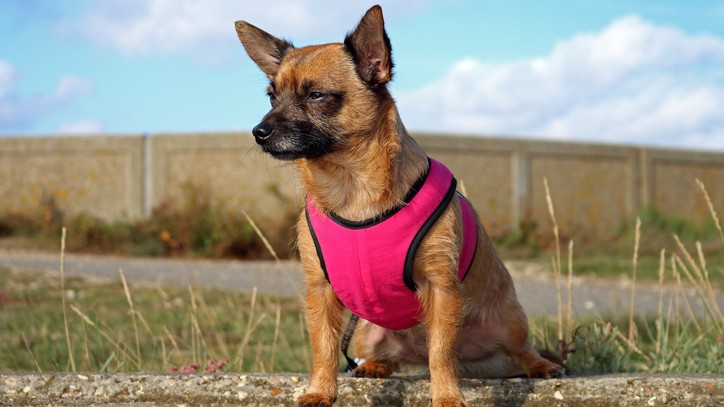
Life expectancy: 10-15 years
Average weight: Male: 3 -4.5kg (6-10lbs) / Female: 3 - 4.5g (6-10lbs)
About the same as: A house brick
Exercise level: Medium (1-2 hours per day)
Chorkies are a mix between the Chihuahua and the Yorkshire Terrier, inheriting traits from both of these small breeds.
Most Chorkies are playful, affectionate and loyal dogs. They have a good amount of energy, but don’t need to be taken on multiple long walks to keep them entertained - making them ideal for older owners and those with fairly busy lives.
That said, they are known to suffer from separation anxiety, so those who are often away for long periods of time may not be the best owner for this type of dog. As they can be quite demanding of your attention, they’re also not recommended for those with very young children in the house.
Chorkies are known for being fairly vocal, though it’s rare to come across an aggressive one. Their stubbornness can sometimes make them harder to train than other breeds, so somebody with a lot of patience will get on well with the Chorkie.
This particular cross-breed became popular in the 90s, with their cute and small appearance making them appealing as “designer” dogs. Chihuahuas are the smallest dog breed in the world, while Yorkshire Terriers are also small – as a result, most Chorkies tend to err on the very small side, though they may be larger depending on the individual parents.
Most Chorkies tend to have long hair, like the Yorkshire terrier, but colours are more diverse, like Chihuahuas. They are generally low-shedding dogs, so those with allergies may be a good match for the Chorkie.
How much exercise does a Chorkie need?
Although Chorkies can be fairly high in energy, they don’t need long, exhaustive walks. For this reason, they are ideal dogs for older owners or those with somewhat limited mobility. It’s ideal if you can take your Chorkie on 1-2 short-medium length walks a day though, to keep them entertained.
You can mix this exercise up with other activities and games at home / in the garden, which if you wish could be more intense than their walks. Being small in size and stature makes them good for canine agility spots, so that’s something you could also try.
Small dogs like the Chorkie can easily get cold – and find it hard to warm up again. This is something you should consider when exercising them, particularly in cold weather. One of the best dog coats is a good way to keep them nice and cosy during the winter months.
Are Chorkies easy to train?
Like many small dogs, Chorkies can be a little on the stubborn side. That doesn’t mean they are impossible to train, but you need to be persistent and start as early as you can to get the best results.
Dogs like a Chorkie can utilize their cuteness to their advantage, and being intelligent, they will need an owner who is firm and commanding to avoid becoming spoiled. The best way to train a dog like a Chorkie is with positive reinforcement, and the best dog treats – but always keeping an eye on their weight.
Using negative reinforcement, or excessive punishments, will not work with dogs like this – it’s more likely to make them withdrawn, shy or aggressive, so keeping a positive attitude is always better.
It’s a good idea to socialize your Chorkie as soon as you can, to make sure they are familiar with other dogs, and to try and avoid them developing so-called small dog syndrome around larger breeds and people.
How much do Chorkies eat?
Being a small dog, Chorkies don’t require large amounts of food, but you should still aim to provide a balanced and nutritional overall diet. See our best dog food guide to help you choose.
As with many smaller breeds, it can be easy for Chorkies to overeat and to put on weight. That’s especially true as they’re unlikely to be taking particularly long walks. Limiting the amount of treats you give to your Chorkie is therefore a good idea – consult with the packet to see how much is too much.
Ideally, you will look for foods that have been specifically designed for smaller breeds, ensuring that they get a good amount of protein and other essential nutrients.
Chorkie temperament
Chorkies are lovely, playful and loyal dogs. But they can also be stubborn, suffer from separation anxiety and be overly vocal in certain situations. Their loyalty can sometimes mean they are fearful or slightly aggressive towards strangers – socializing them from a young age can help to overcome this problem.
They are eager to please, but they are also intelligent, which means they can often know exactly how to get their way with you. It’s easy to spoil a dog like a Chorkie, especially considering how cute they are.
Chorkies get on well with other dogs, so long as they have been socialized from a young age. They also get on well with children, though as they are so small, very young children can be a bit overwhelming/rough with a small dog breed like the Chorkie.
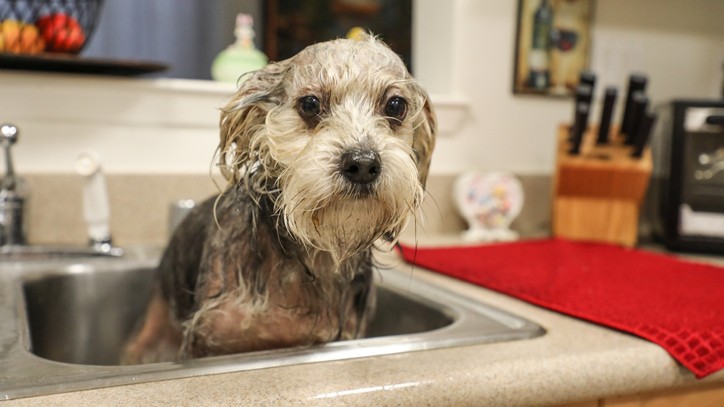
Grooming: Do Chorkies need haircuts?
Amount of shedding: Low
Easy to groom: Yes
General Health: Good
Potential for weight gain: Medium
Chorkies can be a good choice for those with allergies, as they are generally a light shedder. It can be a little harder to give exact information about grooming for mixed breeds, since it will depend on which characteristics they have inherited from each of their parents.
Like Chihuahuas, Chorkies have lots of different coat colours, including black, brown, red, grey and white. Many have similarly long straight hair to Yorkshire Terriers, but they can also be fluffy sometimes.
The average Chorkie does not require a huge amount of grooming, but they can benefit from untangling and brushing on a daily basis, and haircuts every month or two, if they have a fairly long coat. A bath once a week or two is usually enough to keep them generally clean – excluding any messy incidents of course.
Wisdom Panel Breed Discovery DNA Kit | Amazon
Not sure exactly what breed your dog is? This kit screens for 365+ breeds – because knowing every detail about your dog helps you understand how best to care for them.
Health
As a cross between two breeds which are generally healthy and have a good life expectancy, most Chorkies should have a happy, healthy life.
When looking for your puppy, you should contact reputable breeders who will have tested their parents for any potential problems that can be passed down to their offspring. Make sure you ask the breeder about the general health of both your puppy’s parents. It is of course also essential to visit your vet regularly for checkups, as well as take out the best pet insurance to cover you for any unexpected costs.
Chorkies tend to live between 10 and 15 years, so you should have many happy years with your Chorkie dog. It’s a good idea to look into the inherited diseases of both Yorkshire terriers and Chihuahuas to give you an idea of those which Chorkies are susceptible to.
Like many small dogs, it’s important to keep their teeth clean, through regular brushing with a dog toothbrush and with the aid of dental chews.
Should I get a Chorkie?
There are lots of compelling reasons to get a Chorkie. They are cute, well-tempered and easy to care for as they don’t require long walks and extensive grooming. They are well-suited to older owners, and those who are relatively inexperienced with looking after a pet. They’re also great for those who don’t have a huge amount of space, as such a small breed can easily adapt into your life.
That said, they won’t be suitable for all owners. If you are someone who is likely to be out of the house for very long periods of time, a Chorkie is probably not the right breed for you. While they make good family pets, those with very young children should probably avoid the breed too.
Lastly, because the Chorkie can be stubborn, you will need to be prepared to put in the effort to get good results when training. Should you have the energy yourself, however, you will be rewarded with a playful and loyal companion.
If you like the sound of this breed, you may also want to learn about the French Bulldog
PetsRadar Newsletter
Get the best advice, tips and top tech for your beloved Pets
Amy Davies is a freelance writer and photographer with over 15 years experience. She has a degree in journalism from Cardiff University and has written about a huge variety of topics over the years. These days she mostly specialises in technology and pets, writing across a number of different titles including TechRadar, Stuff, Expert Reviews, T3, Digital Camera World, and of course PetsRadar. She lives in Cardiff with her dog, Lola, a rescue miniature dachshund.
